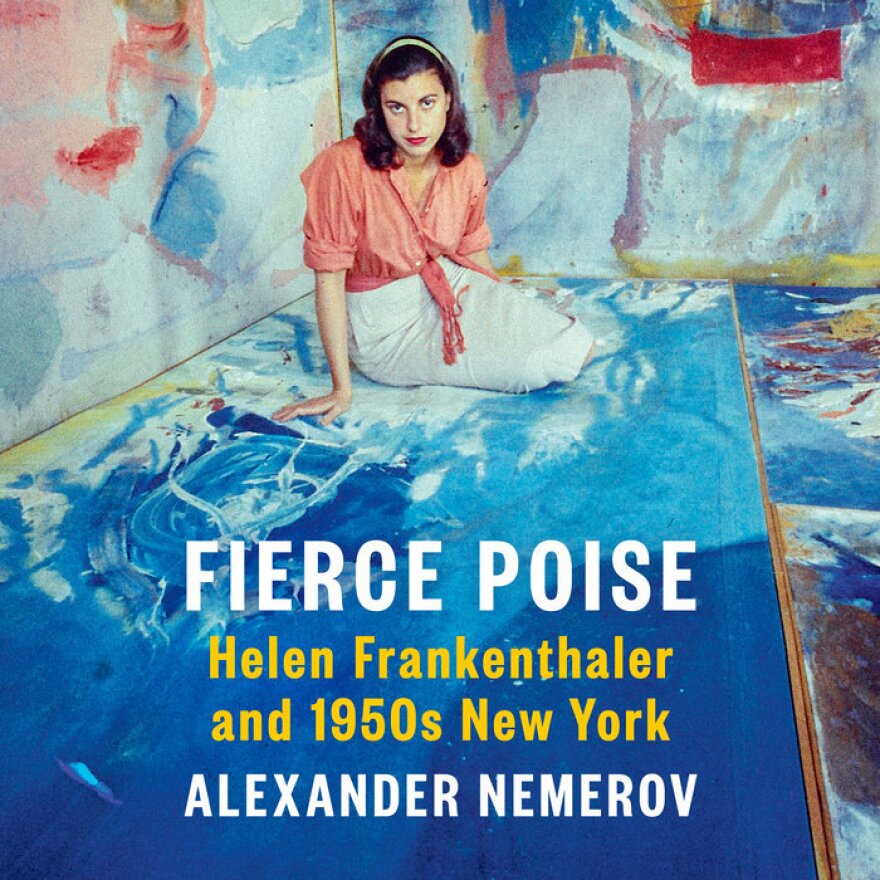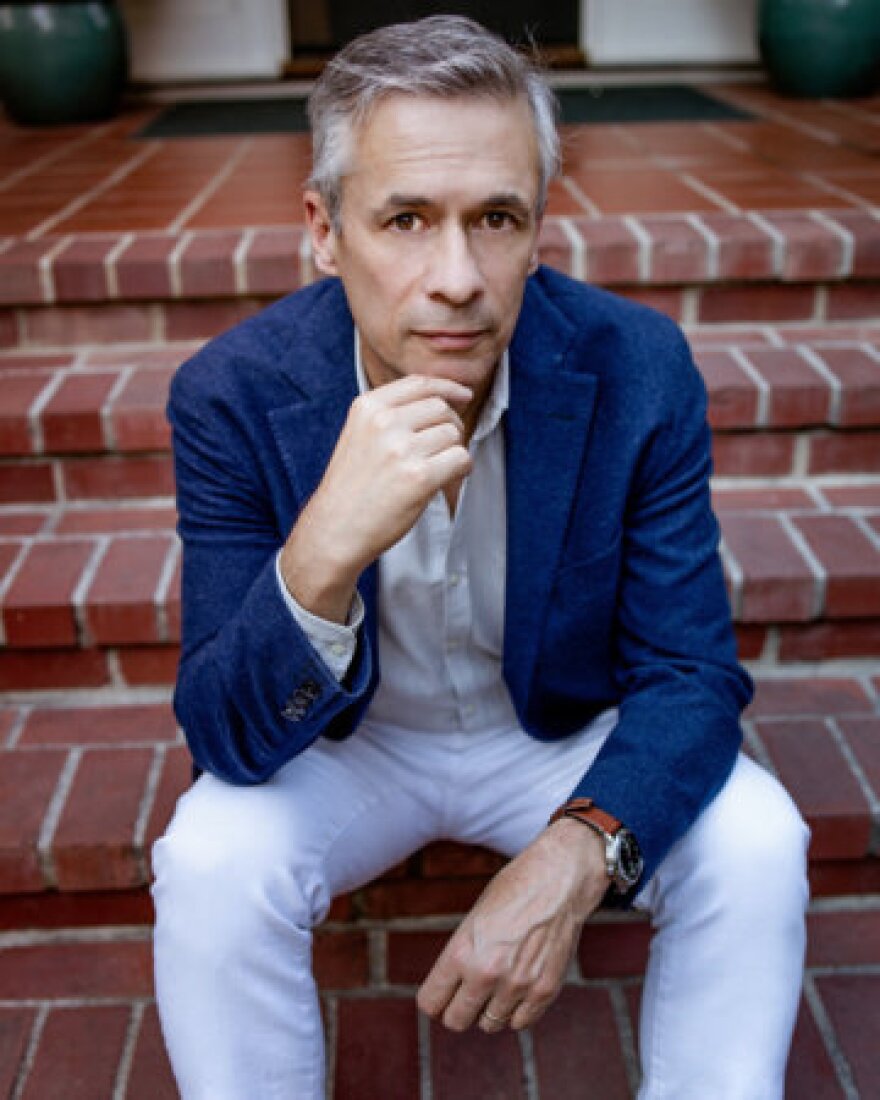Alexander Nemerov brings us the story of pioneering artist Helen Frankenthaler and a look into New York’s 1950s art scene.
Highlights from the interview with Alexander Nemerov

On Helen Frankenthaler
Helen Frankenthaler was a native New Yorker who was born in 1928, and grew up in a well-to-do family. Her father was a New York state Supreme Court justice. And [she] went on to go to Bennington college in the 1940s and learned how to make modern paintings, Picasso-like paintings, and then returned to New York city after graduation in 1950. And then on, through that decade, the decade that my book concerns, began to fashion her own type of abstract art in a largely male-dominated world of ambitious painters then and there.
On wanting to write about Helen Frankenthaler
I think it was, Yvette, just my attraction to her paintings, foremost, her paintings from the 1950s, which have a quality of catching life on the wing, if that makes sense. A feeling of trying to portray just the lived experience of momentary sensations, that which greets the eye or sort rustles across the senses on a given day, the different emotions we may have, for which we have the simple tidy names, sadness, joy, things like that, but which I think we all know are more complicated, more shaded, possibly beyond the power of language to portray, but which art, particularly a very finely attuned art, can maybe sense and, moreover, depict without then becoming yet another contribution to the disenchantment of the world, to the way we all want to name, claim, show, argue, classify, and, in essence, be done with that, which moves us. So that's a big reason. I don't think any artists ever did it as well as Helen in terms of portraying life on the wing. But there is this personal connection to Helen. Her senior year at Bennington college back in 1948, '49 was my father's [the poet Howard Nemerov] first year as a professor there. And she actually had a class with him.
On choosing to focus on the 1950s, even though Helen Frankenthaler's career spanned 60 years
I think her paintings from then most appealed to me, and I think they appealed to me most because they're most raw...Her paintings from the 1960s, for example, which are quite glorious and powerful in their own way, have more of an achieved feeling, as if coming from an eminence who is growing ever more secure in her powers and able almost like a top-level magician to deliver effects as needed, magic tricks as needed. But what they miss, at least for me, is this sense that I think we can all experience when we think back to our twenties or as we're experiencing our twenties. Now that is how profoundly uncertain it is, that time of life is... Painfulness all wrapped up with this lack of certitude. You know, Helen said to her dealer once that she didn't think she would live past the age of 35. And she just had a morbid temperament in that way, which may be hard to square with her light pictures. But to me, it's not a contradiction at all. I just think, there's something about that decade for her, in her work, that really moved me as though by looking at it, I could understand a little bit about my twenties, which were in the 1980s, I think many people would agree, one of the grimmest decades in American history. But I want to be clear and I think you understand this, but clear to potential readers that this is not really a book about me. I don't really talk about me except in the introduction. But in fact, looking back on it now that I've written it, I do see that this is a way for me to think about what it is for many people, including me, to be in or have been in, in one's twenties.
TPR was founded by and is supported by our community. If you value our commitment to the highest standards of responsible journalism and are able to do so, please consider making your gift of support today.



